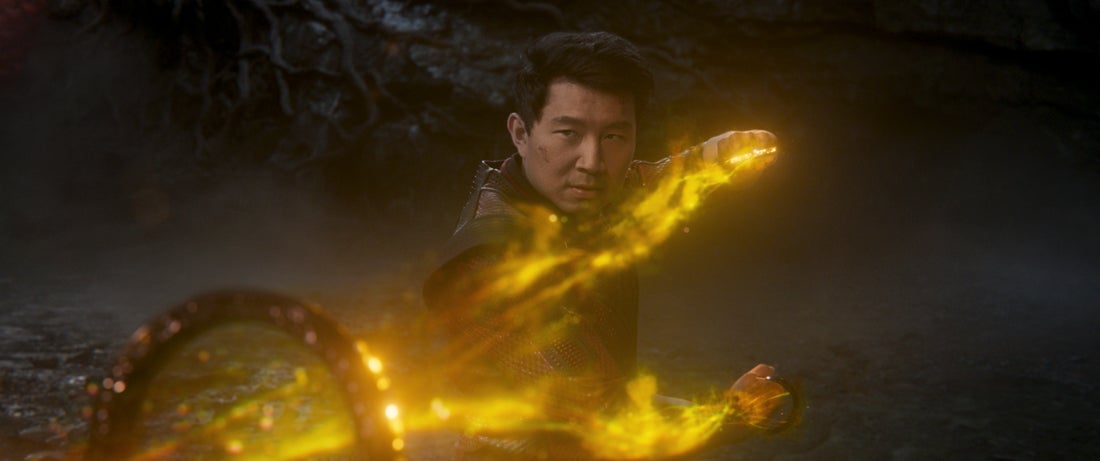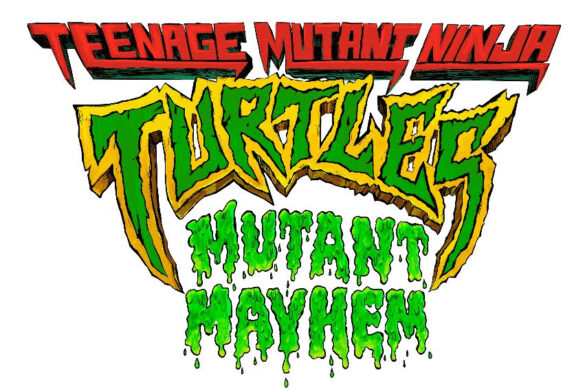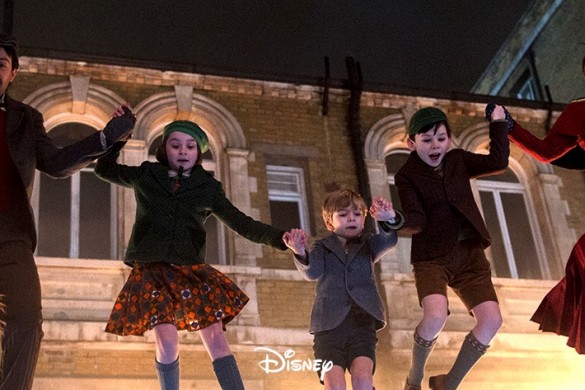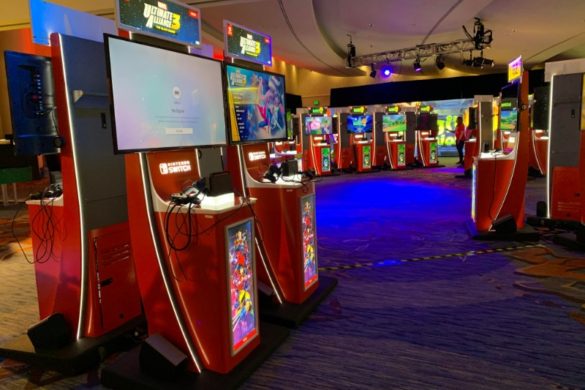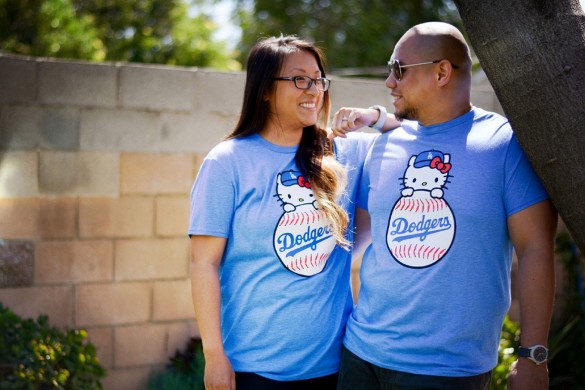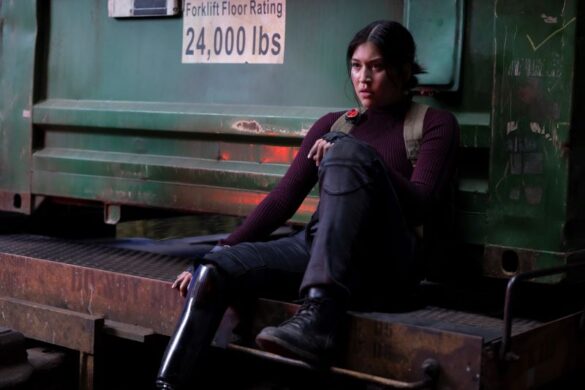Shang-Chi Director Destin Daniel Cretton Talks Initial Fears of Directing Marvel Studios’ First Asian Superhero Pic
“Shang-Chi and The Legend of The Ten Rings” represents a significant moment within the history of Marvel Studios as it is their first Asian-led superhero pic. In the film, Shang-Chi (Simu Liu) confronts the past he thought he left behind when he’s drawn into the web of the mysterious Ten Rings organization led by his father Wenwu (Tony Leung).
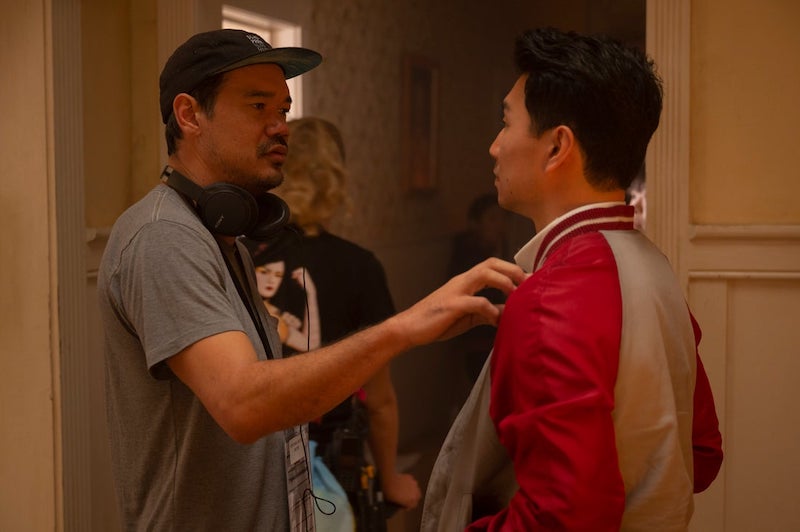
ThatsItLA had the chance to sit at the virtual press conference for the film, which had Marvel Studios president Kevin Feige, director Destin Daniel Cretton, and stars Simu Liu, Awkwafina, Meng’er Zhang, and Ben Kingsley. During that time, they spoke about their experience making “Shang-Chi and The Legend of The Ten Rings” and reflected on the significance of having representation not just in the MCU and mainstream films. And Cretton spoke about some of the fears he had tackling such a project, while Feige addressed having more representation in their films and telling a story within the MCU.
For two years, Destin Daniel Cretton has worked as a child-care taker in the social working field, and as such, it helped immensely in launching his career as a filmmaker and impacted him as a storyteller. “I feel like the stories that I am drawn to are a combination of humor, optimism, but also not shying away from the very real darkness that we in paint pain that we all experienced this as humans and I,” he said. “I think this movie really does encapsulate a lot of the things that I really believe in.”
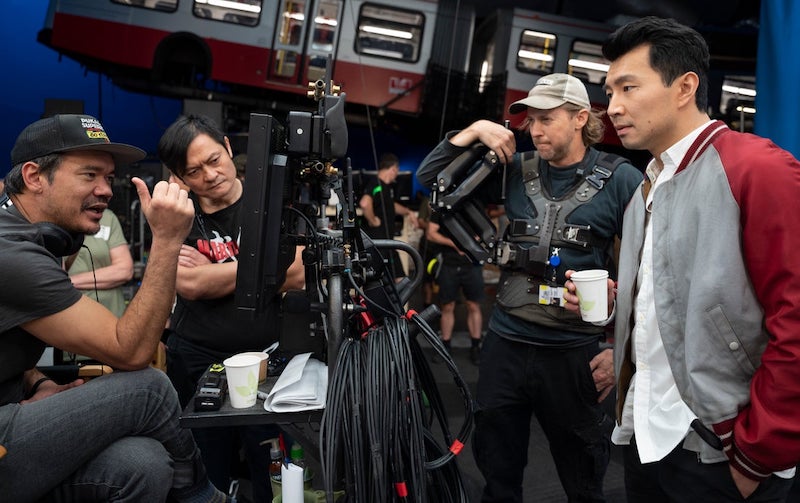
Those who have followed Cretton’s career as a filmmaker know that his works are character-driven stories full of raw emotion that let the audience connect to the characters on screen. And in a way, we see a lot of that in “Shang-Chi and The Legend of The Ten Rings.” And not just through the estranged father and son relationship but also through the platonic ones between Shang-Chi and Katy. “When one of our co-writers Dave Callaham and I were we’re creating this relationship, we actually have a lot of friends who are not the same gender as us. So it is strictly platonic, but also very intimate, caring, and we haven’t seen a lot of that on-screen, and we’re really excited to create that relationship between Shang-Chi and Katy,” Cretton said. “It also just naturally felt like the only way to go with this movie because Shang-Chi is so deep in his own inner struggle. I don’t think there’s emotional space for anything else. But, yeah, I don’t think he has room in his life. Right? I think he’s so much going on for just like a neurotic girlfriend.”
But as Shang-Chi sets aside his love life on his journey of self-discovery, you will notice his use and the characters’ use of Mandarin during many vital conversations. Of course, this is essential to the authenticity of the characters that we see on screen.
“The conversation behind which language they should be speaking was always rooted in just the logic of the character and who would naturally be speaking what language, and so that conversation started in the writers’ room,” Cretton said. “And then once our actors came in, it was always a dialogue. These are all bilingual, trilingual, quad-lingual characters who could speak whatever made sense at the time, so we were constantly having the discussion of what made sense for the scene.”
Liu then chimed in about a joke about American Born Chinese being unable to speak the language but still understanding it. “I don’t think it’s a spoiler, but where you know, your character [pointing to Cheing] is talking to Awkwafina’s character, and she’s like, ‘Oh, no, my Chinese isn’t good,’ and you’re like, ‘Oh, no, no worries I speak ABC.'”
It was one of those moments that Awkwafina appreciated being in the film. The same goes for me, considering I am an ABC.
Liu added it was one of the first times that an ABC had been called out in a mainstream film like “Shang-Chi and The Legend of The Ten Rings.”
Though “Shang-Chi and The Legend of The Ten Rings” may be a product of Marvel Studios, it was still essential to have that representation on the screen to reflect the importance of having more diversity in film. And as one of the first Asian-led superhero films to be released by Marvel Studios, Feige knew he had to strike a balance between telling a story while showing reverence to a culture that has gone underrepresented for far too long. “Well, it was always about both,” Feige said. “My producing partner on the film, Jonathan Schwartz, worked on this movie for a long time. So we wanted to do it for both reasons to bring this specific character into the MCU. But just as importantly, to bring representation of another kind to this to this film.”
Feige said that bringing that representation to this film was Cretton’s pitch. And while it was going to be a Marvel film, something deeper and more emotionally resonated that would help it make it stand out. His pitch about the father and son story and the representation aspect was so good that Feige believes it should be shared with the world.
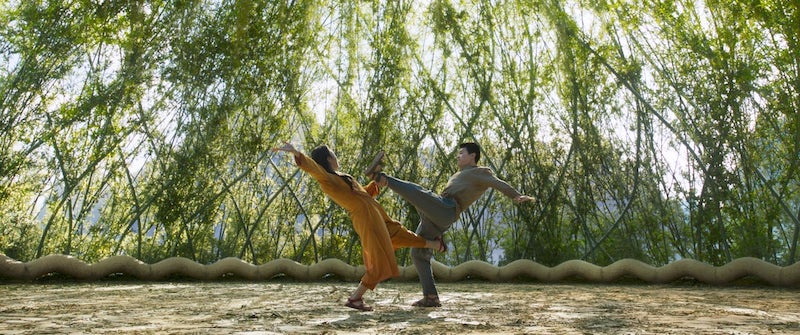
Cretton agreed that it was equally important to reflect on the cultural impact that a film like Shang-Chi would have while also continuing and expanding the stories of the MCU. “What is extra relevant to the culture is that this is a Marvel film,” Cretton said. “If we were not putting Shang-Chi shoulder to shoulder with all the amazing other Marvel superheroes that we’ve come to love in the past, that would be a big disservice to the culture and the characters.”
Cretton personally connected to the character that he was responsible for taking off the Marvel Comics’ pages and transferring it to the live-action adaptation. “I love that this is a superhero that doesn’t get splashed with chemicals to get his superpower,” he said. “It is a journey of self-discovery, of growing up, of learning how to finally deal with the pain that he’s been running away from his entire life. When he is finally able to look inside into his past and embrace good, bad, the joy, the pain, and accept it all as a part of himself. That’s when he finally steps into his big boy shoes. And I think that’s kind of what we’re all doing as humans in some way or another.”
Though Cretton spoke about how he connected to the source material, that doesn’t mean there wasn’t any fear or apprehension to tackle its big-budget live-action adaptation. “I did have a giant, personal fear of stepping into a movie like this,” he admitted. “When I pitched to Kevin, one of the last things I told myself was ‘I’m just gonna be myself.’ I have a tendency to be pressured not to be myself. And I was like, I’m just gonna be myself in this in this pitch and walk out feeling good that I did that.”
But the biggest surprise about Cretton’s pitch was what he admitted to Feige when asked if he wanted to always wanted to doa big Marvel “I was like, ‘should I tell them?’ And I was like, ‘Okay, what the truth was, it was a few weeks before they announced that they’re looking for directors for this movie that I made a very real decision and called my manager, or my, my agent said, Don’t ever let me do a Marvel movie.'”
Destin Daniel Cretton had explained how his thoughts on directing a Marvel movie had changed when they announced “Shang-Chi.” But there he was still worried about how his pitch might have rubbed Feige the wrong way. But the one person who helped put him at ease was “Black Panther” director Ryan Coogler. “The thing that Ryan said to me, which really eased my mind, was, ‘The pressure is hard. It’ll be the hardest thing potentially that you have done up to this point. But none of that pressure or none of those complications come from the people that you’re working with or for.’ And that’s what I found,” he said. “This is like a very special place to work where, not to toot Kevin’s horn, there is an environment of curiosity of exploration that comes from the top down. There is no fear-based mentality in this studio, which has really allowed us to take risks and chances and be able to instill that same fearless exploration with everybody involved in this film. And I think that’s a huge reason that the movie turned out the way that it did.”
“Shang-Chi and The Legend of The Ten Rings” opens in theaters on September 3, 2021.

